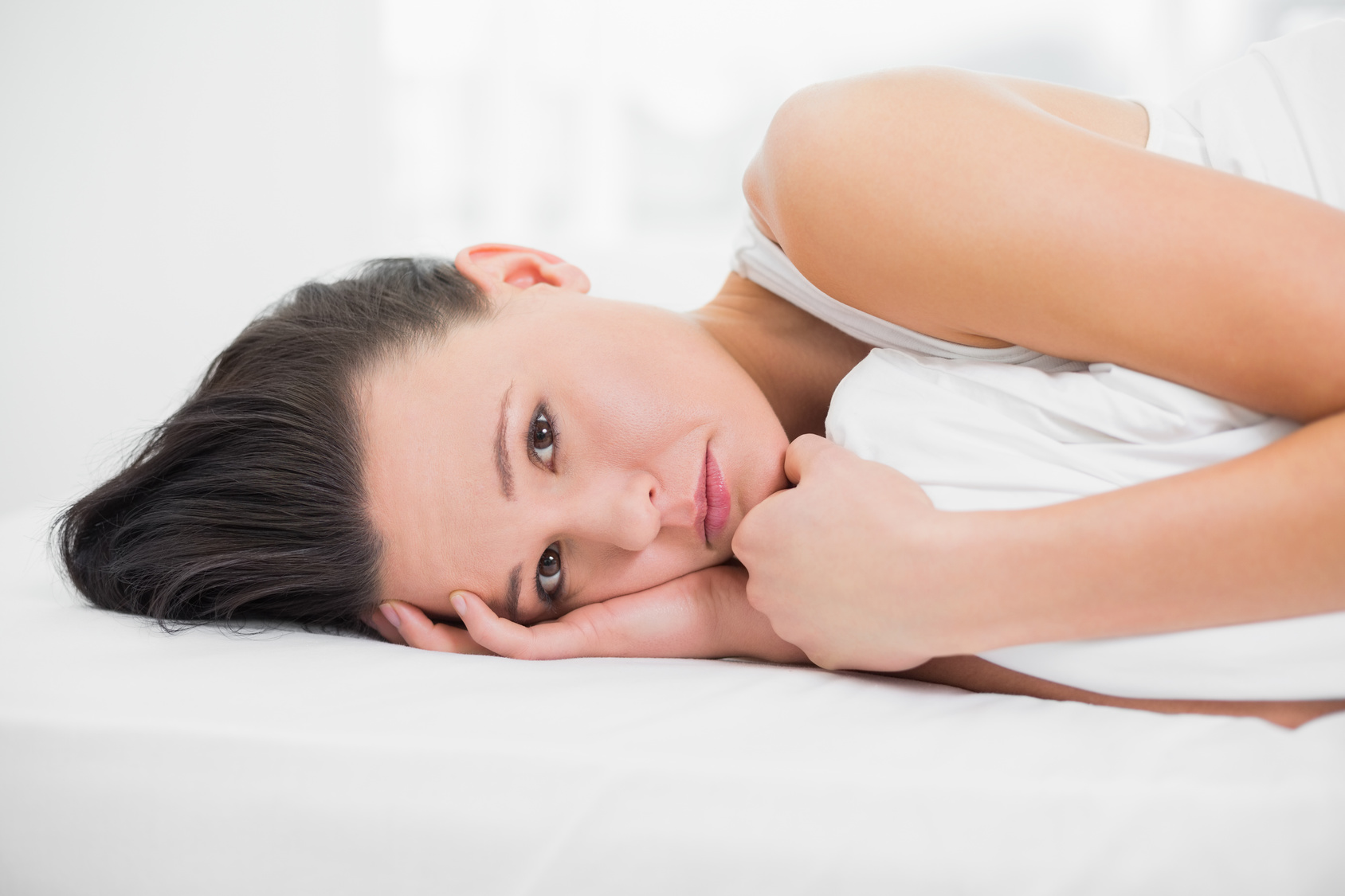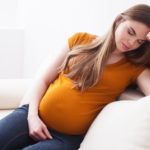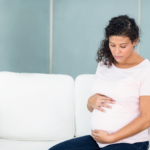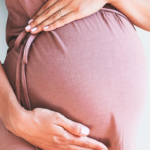Obsessive compulsive disorder (OCD) may emerge during the postpartum period, either as the first onset of illness or as a recurrence of preexisting OCD. The Diagnostic and Statistical Manual of Mental Disorders, 5th Edition (DSM-V) does not recognize postpartum OCD as a distinct diagnostic entity. In contrast, other psychiatric disorders (i.e., major depressive disorder, bipolar disorder, or brief psychotic disorder) may be specified using the peripartum onset specifier. The fact that the DSM-5 does not specifically acknowledge the onset or exacerbation of OCD during the postpartum period may contribute to a poor understanding of the clinical presentation of postpartum OCD and an underdiagnosis of this condition.
In a recent paper, Dr. Verinder Sharma highlights the prevalence of insomnia in patients with OCD and comorbid psychiatric disorders and hypothesizes that sleep disruption may trigger postpartum OCD. Sleep deprivation is common in new mothers. Previous studies have explored the onset of a range of disorders, such as anxiety, mania, and postpartum depression, due to sleep deprivation. While research has highlighted the occurrence of OCD in women during the postpartum period, the potential link between sleep deprivation and postpartum OCD has not been examined.
Currently, sleep disruption is not considered in the criteria for the diagnosis of OCD as described in the DSM-5, despite its frequent occurrence in patients with the disorder. In a recent study, 70% of patients with OCD and comorbid psychiatric disorders had sleep difficulties suggestive of primary insomnia [18]. Certain symptoms of OCD itself may contribute to insomnia. For example, the persistent intrusive thoughts and associated marked distress or anxiety may make it difficult for patients to fall or stay asleep [19]. One study found that insomnia was significantly associated with obsessions but not compulsions [20]. Co-occurring psychiatric illnesses such as mood or anxiety disorders may also contribute to the sleep loss [21]. Complaints of severe insomnia are present in 25.2%–45.6% of individuals with mood disorders and in 24.9%–45.5% of individuals with anxiety disorders [22].
Previous studies have also suggested that poor sleep may exacerbate OCD symptoms. Similarly, sleep deprivation occurring during the postpartum period may precipitate the onset or worsening of major depressive disorder or anxiety disorders. Therefore, it is reasonable to hypothesize that sleep deprivation during the postpartum period may be a trigger for postpartum OCD in women who have been diagnosed with OCD or other psychiatric disorders in the past.
Sharma emphasizes the need to investigate the possible relationship between sleep deprivation and postpartum OCD in order to better understand postpartum OCD and its causes, as well as to improve interventions and diagnostic methods available to patients with the disorder.
Nicole Iannella
Sharma V. Role of sleep deprivation in the causation of postpartum obsessive-compulsive disorder. Med Hypotheses. 2019 Jan;122:58-61.








Really fascinating stuff!